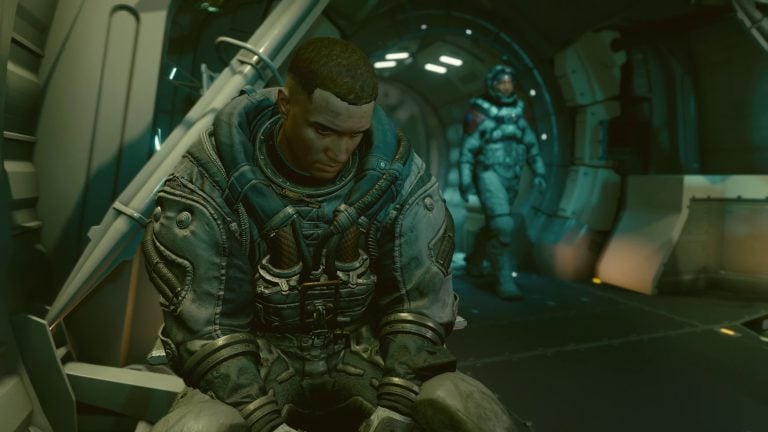It goes without saying that Starfield, Bethesda‘s newest project, is the talk of the town. This space-based RPG is eagerly anticipated by every gaming fan. You can sense it in fan-created hypotheses, lively online conversations, and even the sentiments of well-known people, such Post Malone, among others.
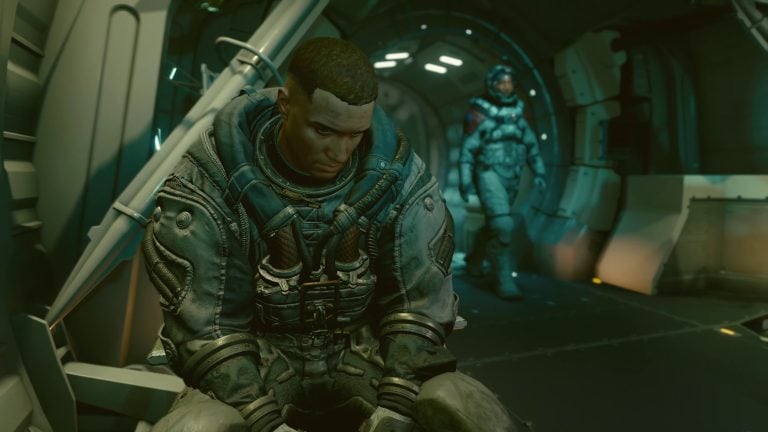
You can’t blame Bethesda for not wanting to see more of Starfield get leaked online.
A tension is however audible in the weeks preceding Starfield’s spectacular debut on September 6. The main source of this uneasiness has been information leaks. The unapproved and extremely early disclosures have elicited conflicting reactions, ranging from screenshots of in-game messages to someone’s thoughts 17 hours in, which should be covered by NDA, and, most significantly, information concerning the in-game achievements.
On the one hand, the disclosures don’t pose a threat. In any case, not yet. The basic experience of the game is unaffected by the most recent information; players must still play it to find out. This viewpoint, however, is not shared by everybody. Others claim that as the release date approaches, there will inevitably be additional leaks, which could compromise important surprises that the Bethesda team has diligently built.
Everyone knows I dont like leaks. Media covering someone’s leak I like even less. When the big outlets do it to get around embargoes they have on their own code? Oh, I really don’t like that.
Matt Frary (@PR_Flak) August 19, 2023
Director of Public Relations at Bethesda, Matt Frary, openly expressed his dislike for such leaks in a comment that struck a chord with many people.
Without specifically mentioning Starfield, his statements conveyed a clear picture: Unwarranted discoveries have the power to undermine the precise work that developers put into any project. However, in a time when knowledge is valuable, prominent media outlets frequently use these leaks to get over embargoes by taking advantage of the public’s insatiable want for the newest scoop.
But it’s also improper to criticize outlets for carrying out their duties. Bethesda Game Studio’s encryption techniques and/or its choice to distribute preloads this early on, probably in an effort to boost reviews before Starfield’s Early Access release date, are the real issues here.
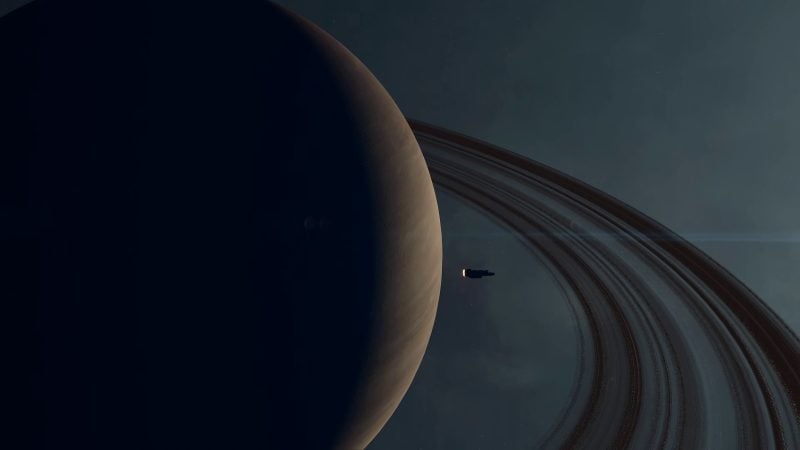
Even worse, Bethesda seems to have thrown caution to the wind by providing review tickets to anonymous individuals, including those with a spotty past. It’s hardly impossible that some people would risk breaking NDAs without understanding the repercussions just to go viral.
Get our newest content first by following Xfire on Google!
Publicity is publicity, which is a good thing.Whether it’s negative or positive doesn’t matter. What matters is that people are still bringing you up in conversation.
The running joke about Starfield has been that it’s a classic Bethesda game, an amazing experience with its fair number of glitches and problems. However, those bold enough to delve deep into spoiler-filled terrain will find that very few, if any, of the leaks discuss the game’s issues.
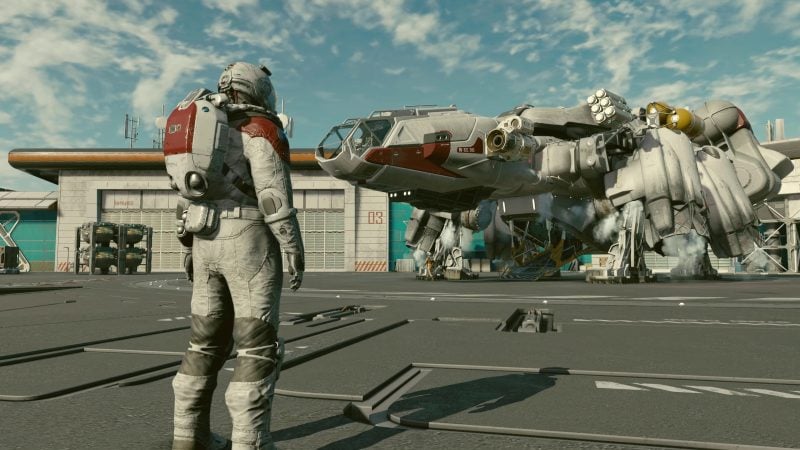
The unintentional leaks in this situation act as potential and, more significantly, natural marketing tools.
You might even claim that Bethesda is releasing information on its own. Although it’s unlikely, you can see how it’s not totally out of the question either. After all, the more people who talk about Starfield, the better.
Still, maintaining non-disclosure agreements (NDAs) and allowing journalists to report freely must strike a fine balance. Nothing precludes an insider who has signed an NDA from discussing third-party leaks even though they are not allowed to reveal exclusive information. This creates a moral ambiguity and a gray area. It also raises the issue of how to distinguish between real leaks and fake ones, particularly when those who are privy to the information are unable to elaborate due to NDAs.
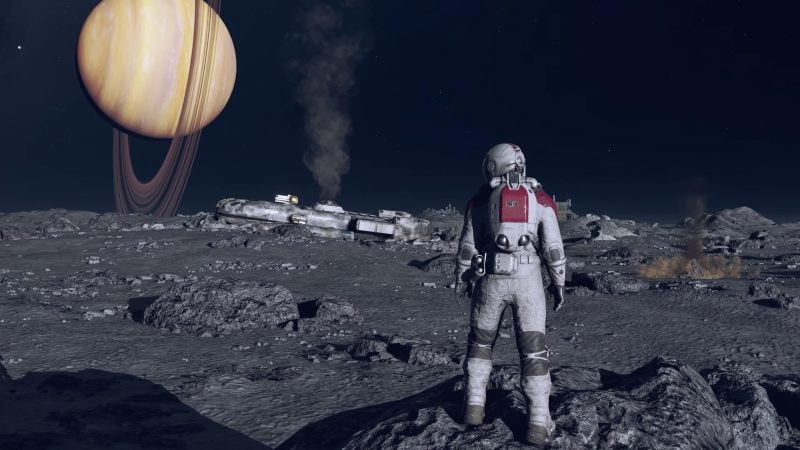
The gaming community may experience conflicting emotions in response to leaks, such as excitement at getting early information or annoyance at having crucial moments ruined. However, they constitute a betrayal of confidence and a possible compromise of years of laborious work to developers.
This episode makes people think about the obligations of the gaming community as the release of Starfield draws near. Although the desire for knowledge is understandable, it could be better to wait until artists have had a chance to present their work in its whole form. After all, the excitement of discovery is something that deserves to be preserved, especially in the expansive universe of a game like Starfield.
